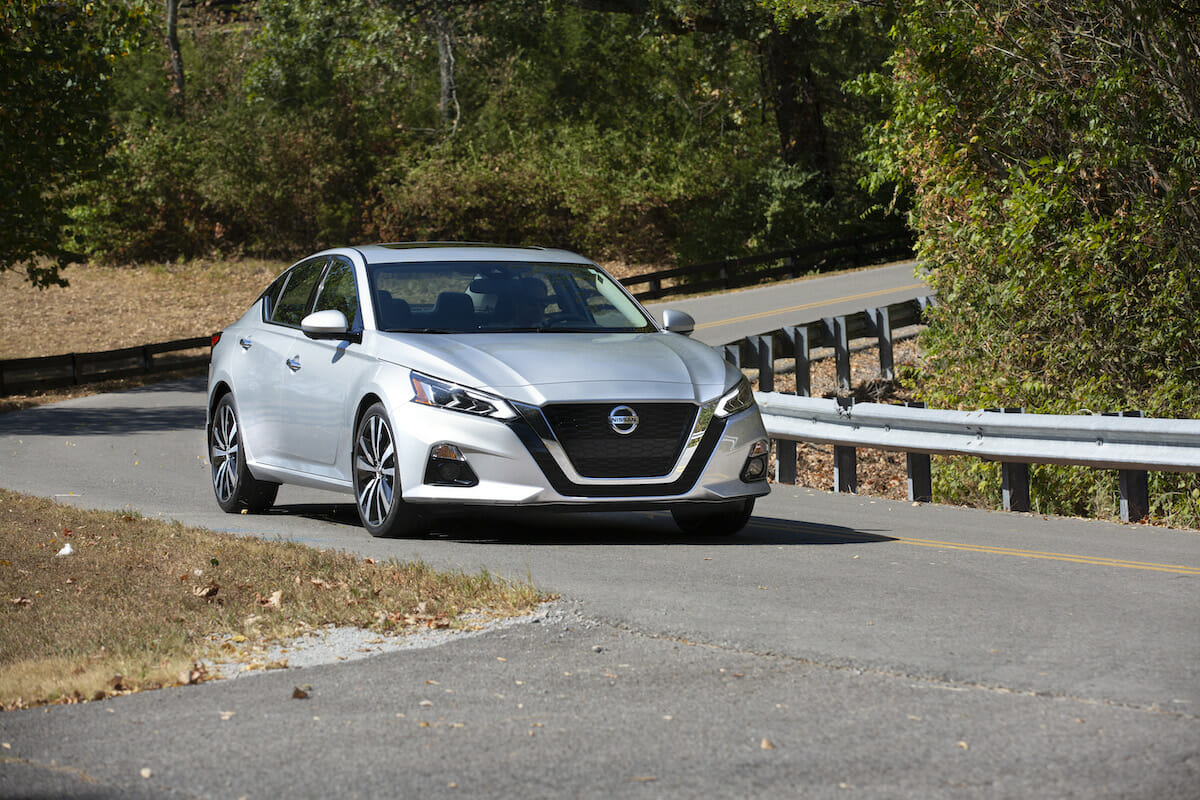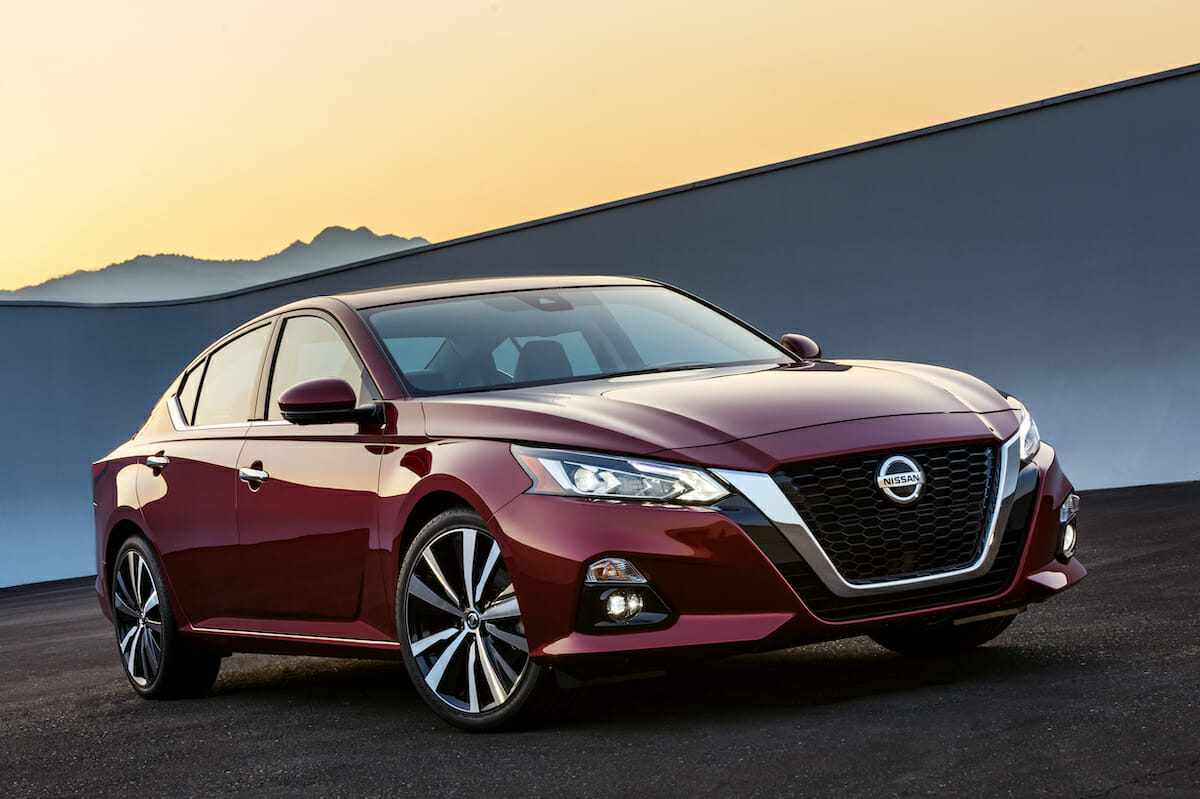If you get into your car, turn the key and nothing happens, the likelihood is that your car battery died. If your Nissan Altima isn’t turning on, then it may be time to replace your battery. There are a couple of options you can choose from.

What’s the best battery for a Nissan Altima?
There are two batteries that will work for the Nissan Altima. The recommended fit is the AGM H5 510. The secondary fit is a flooded H5 510. These are sold in most auto stores.
Battery Group Sizes Explained
Battery group sizes may seem confusing, but they are ranked based on the size that will best fit the physical dimensions of the vehicle as well as the terminal locations.
The Battery Council International, or BCI, gives letters and numbers to each battery group size. For the Nissan Altima, for example, the H5 510 is the best fit based on the vehicle’s engine type.
Lead Acid, Lithium-Ion or SLI?
SLI is an abbreviation for “starting, lighting, and ignition.” This kind of battery is designed to power your engine, lights and other accessories. Most car batteries are SLI batteries, and the majority use lead-acid chemical reactions to start.
Lead-acid batteries are part of the SLI group. However, lithium-ion batteries are starting to replace those and will likely do so within the next few years. Lithium-ion SLI batteries would have longer lifecycles and be lightweight compared to the lead-acid models.
OEM vs. Aftermarket: What’s the Difference?
The difference between OEM and aftermarket parts is that OEM parts are made by the manufacturer of a type of vehicle. Additionally, those parts are specifically made for your vehicle.

Aftermarket parts are not made by the manufacturer, but they are similar. OEM parts are identical to the original parts in your vehicle.
Aftermarket batteries are OEM-equivalent batteries that are made to meet or exceed the original requirements of the vehicle. Usually, these are less expensive than OEM batteries. They may cost up to 60% less than OEM batteries.
If You Do Go Aftermarket, Here’s What We Suggest
You can trust that your OEM battery will work, and an aftermarket model should, too. However, you do have to watch out for subpar batteries.
If you do decide to shop aftermarket for a new car battery, always do your research and ask questions. Read reviews and learn more about the company you want to buy from. See what the expected lifespan and performance of the other battery is.
By doing this, you can decide if you are really saving money in the long-term by buying aftermarket.
Photos: Nissan